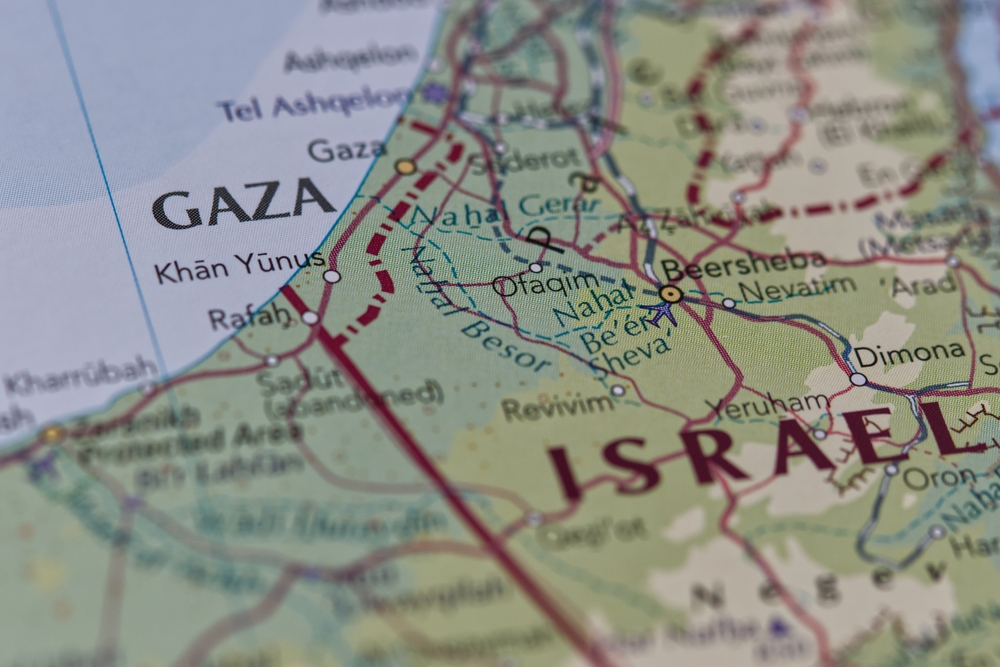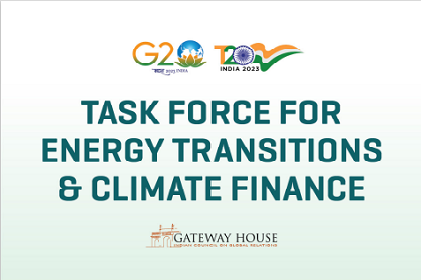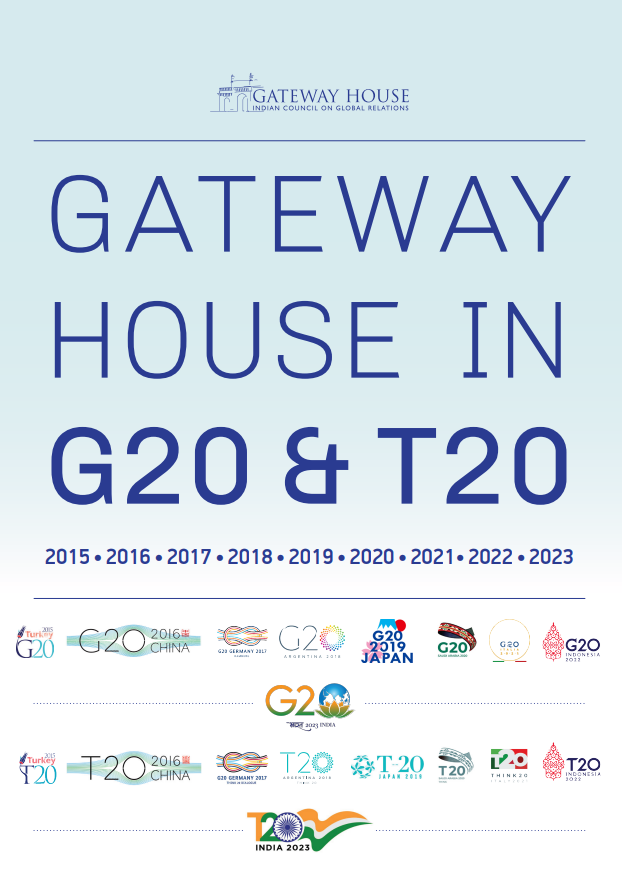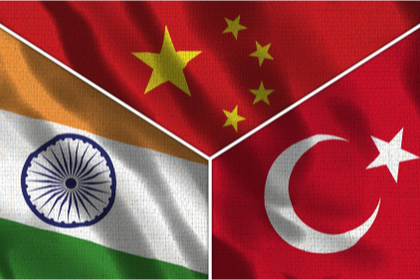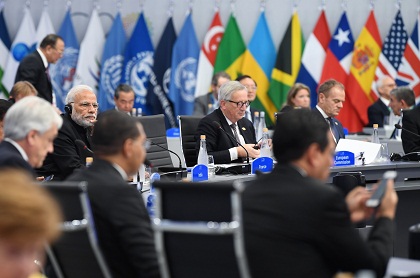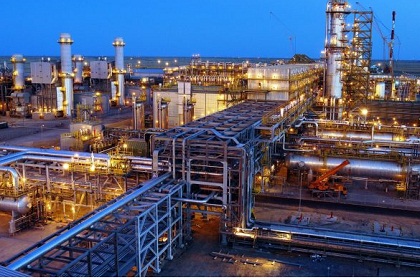The geopolitics of Middle Eurasia
The geopoliticisation of the Israel-Hamas war has given birth to a new era of ruthlessly pragmatic and overlapping interests of multiple powers and actors. This is visible in the region of Middle Eurasia, the centre of the ongoing rearrangement of the world order.

